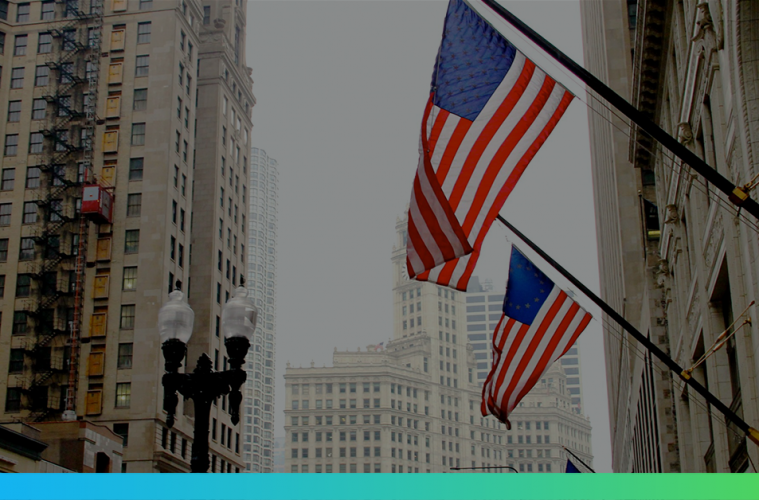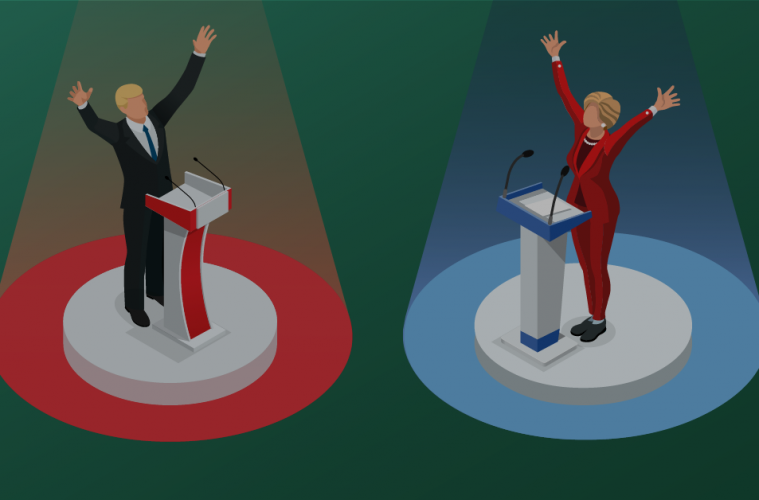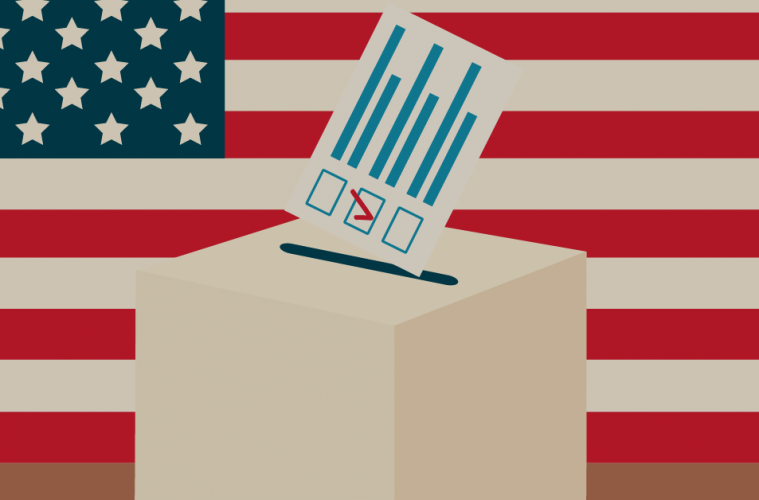There are but a few days left until US voters cast their ballots (in fact, early voting has already begun) and the latest opinion polls show a tightening of the race that could easily make the result of the election a coin flip. Political risk always makes markets nervous; traders and politicians are not known to trust each other – with good reason both parties would say – and 2016 has been a year of political risk like no other.
But do elections, referendums, squabbles between governments and all that puff and bluster really matter? Ellis Taylor, Head Currency Strategist at World First Australia, gives his thoughts.
One only has to take a look at sterling in the past three years to see that they most definitely do; two referendums (one on Scotland’s membership of the UK and one on the UK’s membership of the EU) and a general election stand testimony to that fact.
The most famous quote that links politics and markets comes from James Carville, a political
adviser to President Clinton. Through the latter part of 1993 and most of 1994 the yield on US government debt rose to around 8% – at the time of writing they are currently 1.6% – as investors grew concerned about the level of government spending within the US economy. James Carville was reported to have said at the time that, ‘I used to think that if there was reincarnation, I wanted to come back as the president or the pope or as a .400 baseball hitter. But now I would like to come back as the bond market. You can intimidate everybody.’
As currency markets and interest rate markets are intrinsically linked – currency movements are in essence a reaction of expectations of where interest rates will be in the future on a relative basis – we can look at the link from both a correlation and causation stance.
This year’s presidential election has been one for the ages but has been a nightmare for us in markets given the rise of what some have called ‘Vox Populi’ risk: the rise of populist, sometimes single issue political movements.
Markets, much like a business, crave certainty. While the nature of investing is a balance of risk and reward there are few things out there that could ever be classified as a ‘sure thing’ or a ‘dead cert’. This election is at the opposite end of that predictive spectrum—a once in a generation event, with unreliable polling information and consequences that nobody can accurately quantify.
This election is a nightmare for financial markets, and you rarely find optimists in your nightmares.
As such, the market has sold off on risk in the lead up to the vote. Emerging market? Get rid of it. High yield? Get rid of it. Not a haven? Get rid of it. There are only a few havens in the world of investing and happily enough for the US, it is one of them.
In fact, regardless of how this election goes we think that governments, globally, are going to become a more important influence of market movements courtesy of the fatigue of central banks. Monetary policy has arguably hit its limits in recent years as developed market economies have slipped close to deflation with interest rates, and in some cases, into negative territory. Quantitative easing spending has secured the banking system but the trickle down to the average business or consumer has been painfully poor.
Demand is weak, as is growth but the policy cupboard is looking rather threadbare and central bankers are increasingly looking to governments to pull their weight.
The UK is a prime example. Following the referendum the Bank of England started to fight back. While its first set of forecasts for a post- Brexit Britain, released as part of the August Inflation Report, did not see the UK economy falling into a recession they were sufficiently moved to loosen policy by more than markets had thought they would.
Despite interest rates falling to a fresh record 322 year low, an expansion of quantitative easing and a plan to buy corporate debt the focus for helping the UK economy regain a solid footing is left with the Government.
Fiscal issues are not front and centre within the US election conversation; issues of religion, immigration and health have taken more headlines through the campaigns. To be fair, we do not expect much change in US policies, either fiscal or monetary that will impact global growth under a Clinton administration.
Under a Trump Presidency, increased fiscal spending and a lower tax regime may allow for a spillover of growth into the global economy. He has also made hawkish hints on monetary policy and exhibited a reticence to reappoint Fed Chair Yellen or her Vice Stanley Fischer. Similarly, his desire to allow to open a tax window to corporates looking to repatriate dollars could easily prompt large scale dollar gains as a similar policy did in 2004.
Currency and politics are uneasy bed fellows at the best of times and today’s markets are a few standard deviations away from best. There is, however, no better barometer of political risk out there.
To make sure you stay one step ahead of the fast-changing currency markets, check out our live foreign exchange rates or sign-up for a free rate alert.
Disclaimer:
These comments are the views and opinions of the author and should not be construed as advice. You should act using your own information and judgement.
Whilst information has been obtained from and is based upon multiple sources the author believes to be reliable, we do not guarantee its accuracy and it may be incomplete or condensed.
All opinions and estimates constitute the author’s own judgement as of the date of the briefing and are subject to change without notice.
Please consider FX derivatives are high risk, provide volatile returns and do not guarantee profits.





